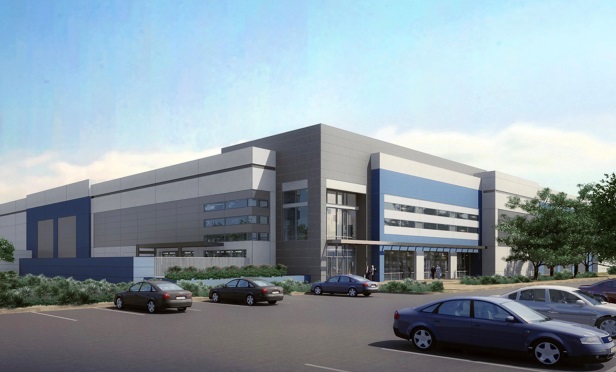 Xebec industrial buildings Wilmer, TX ATTENTION! If you, your company or someone you know has made an indelible impact on the business of industrial real estate, we want to hear about it! Submit a nomination to Real Estate Forum's Industrial Influencers before the June 15th deadline.
Xebec industrial buildings Wilmer, TX ATTENTION! If you, your company or someone you know has made an indelible impact on the business of industrial real estate, we want to hear about it! Submit a nomination to Real Estate Forum's Industrial Influencers before the June 15th deadline.© Touchpoint Markets, All Rights Reserved. Request academic re-use from www.copyright.com. All other uses, submit a request to [email protected]. For more inforrmation visit Asset & Logo Licensing.







